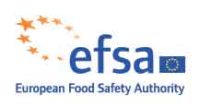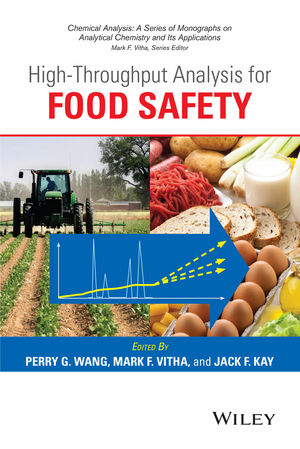EFSA Releases Scientific Opinion on High-Pressure Processing

High-pressure processing (HPP) of food is effective at destroying harmful microorganisms and poses no more food safety concerns than other treatments, according to a scientific opinion published by the European Food Safety Authority (EFSA) on March 8, 2022.
EFSA experts assessed the safety and efficacy of HPP of food and, more specifically, whether it can be used to control Listeria monocytogenes in ready-to-eat (RTE) foods and as an alternative to thermal pasteurization of raw milk.
HPP is a non-thermal food preservation technique that kills microorganisms that can cause diseases or spoil food. It uses intense pressure for a specific amount of time and has minimal effects on taste, texture, appearance, or nutritional value.
HPP can be used at different steps of the food chain, usually on pre-packed products. It can be applied to raw materials such as milk, fruit juices, and smoothies, and also to products that have already been processed, such as sliced cooked meat products and RTE meals. In the latter case, it reduces the contamination originating from the manufacturing environment, for example during slicing and manipulation of the products.
This processing method reduces levels of Listeria monocytogenes in RTE meat products, at specific time-pressure combinations defined in the scientific opinion. In general, the longer the duration and intensity of the pressure, the more reduction is achieved. This is an important finding because L. monocytogenes contamination of RTE foods is a public health concern in the EU. HPP also proved to be effective at decreasing the levels of other pathogens, such as Salmonella and Escherichia coli.
For raw milk, experts identified the time-pressure combinations that can be considered to have the same effect as thermal pasteurization. These combinations vary depending on the pathogen considered.
HPP is not specifically regulated at the EU level, and EFSA’s advice will inform the possible decisions of risk managers in this field.
Looking for a reprint of this article?
From high-res PDFs to custom plaques, order your copy today!








